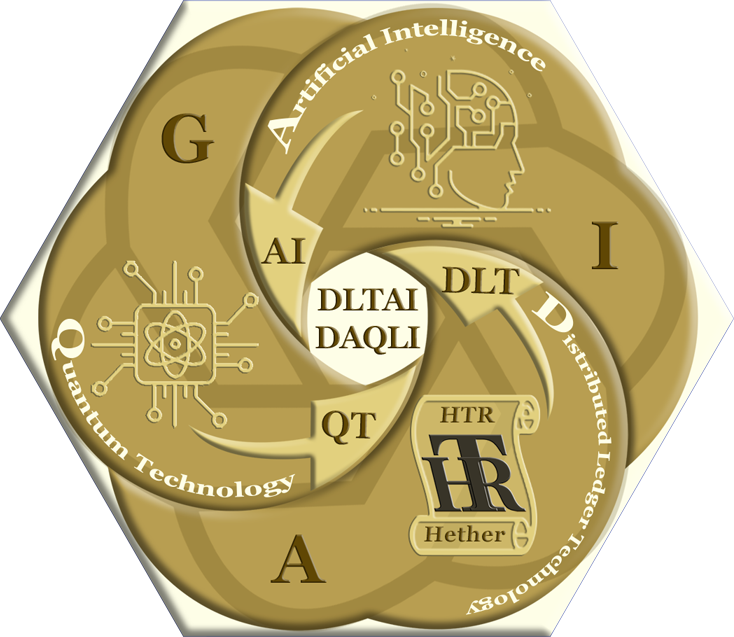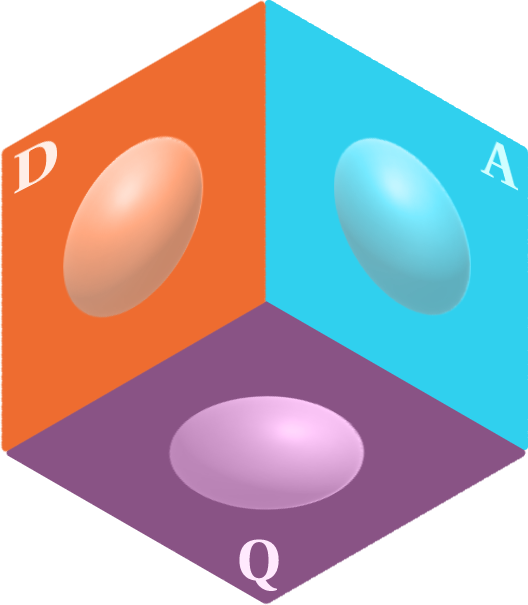
GAI General Artificial Intelligence

DAQ GAI in Artificial Intelligence
General Artificial Intelligence (GAI)
General Artificial Intelligence (GAI) is Artificial Intelligence supported Distributed Ledger Technology, Artificial Intelligence and Quantum Computers. It is a driver towards DAQ Supremacy Technology as it marks a significant disruption in the technological landscape of the 21st century. Positioned as a general-purpose technology, its transformative potential extends across the entirety of the economy and society. Projections suggest that the cumulative value derived from digital transformation across various industries could surpass $100 trillion in the upcoming decade, driven by the exponential advancements in AI technologies such as machine learning and deep learning.
Major industry players including Google, Amazon, Apple, Microsoft, and Facebook are at the forefront, spearheading developments in narrow AI. Leveraging machine learning platforms, data analytics, and other AI products, these companies have seen substantial growth in their market value due to their adeptness in AI capabilities.
Nevertheless, the current iteration of narrow AI grapples with limitations in common-sense knowledge, generalization, and transfer learning, heavily relying on extensive training datasets. A comprehensive AI framework requires an understanding of cause-and-effect relationships, the ability to learn from limited data, and effective interaction with the real world, necessitating a fusion of rule-based and statistical learning methodologies.
The potential of genuine AI transcends mere technological advancement; it holds promise in addressing critical global challenges such as pandemic prevention, fostering economic growth, promoting social equity, and building a sustainable future. However, alongside its promise, concerns loom over potential job displacement, bias, inequality, and the prospect of malicious exploitation.
For AI to genuinely serve humanity’s best interests, the development of ethical and responsible AI systems becomes imperative. These systems should complement human strengths while mitigating inherent weaknesses, fostering a harmonious synergy between AI and human endeavors.
